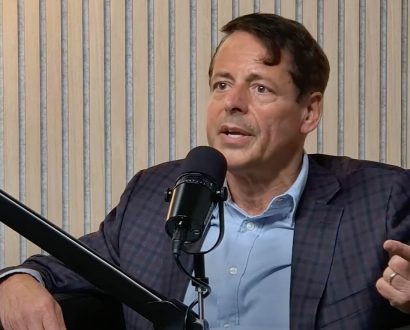The definition of success varies from person to person. Virgin Group Founder Richard Branson said, “In my opinion, true success should be measured by how happy you are,” in an article on LinkedIn.
Founder and CEO of Thrive Global, Arianna Huffington, believes in what she calls the ‘Third Metric’ when it comes to success. “(It is) a third measure of success that goes beyond the two metrics of money and power, and consists of four pillars: well-being, wisdom, wonder, and giving,” she told Forbes.
We spoke with top executives from around the world who revealed how they measure success.
Andrew Moore, Managing Director, Renault Australia
“To me, success is best when it’s shared. There’s a very collaborative spirit in the auto industry. We overcome challenges together, we work as a team in driving results for our dealers, and we celebrate together – for me, that is genuine success.”
Darren Eather, Director, Wickham Freight Lines
“I think success is different for everyone. I measure success in business by having a great team of happy people, content customers and a safe work environment with the best equipment. I think if we can achieve that, the rest is easy. I also measure success by creating a return for the family’s investment in the business.
“I measure personal success by being able to provide my family with the opportunity to have a good education and follow their dreams. A happy family is essential for success.”
Kevin McCoy, CEO, Independent & Assisted Living, Australian Unity
“There are always winners and losers. I always think you win on culture, and the best thing you can do as CEO is work towards getting the right culture. If you can achieve that, a lot of things happen, sort of on their own.”
Peter Cook, Managing Director, Westgold Resources
“Your reputation is everything. Being recognised and maintaining your reputation, sticking to your guns, and delivering shareholder returns is crucial in my job. If the share price doesn’t go up, in our shareholders’ eyes we’ve failed. We’re very attuned to the fact that we are investing and taking risks with their funds. We make decisions for and on behalf of shareholders and that has to come with a level of diligence and respect.”
Shane Fitzsimmons, Commissioner, NSW Rural Fire Service
“Success for me is trying to limit deaths and serious injuries from fires and emergencies. We’ve come away from some of the worst fires in Australia and although we saw significant damage to communities, everyone’s still alive and I’ll be forever grateful for that. Those are what I consider successes and I hold them very dearly because the next fire might not deliver the same result.”
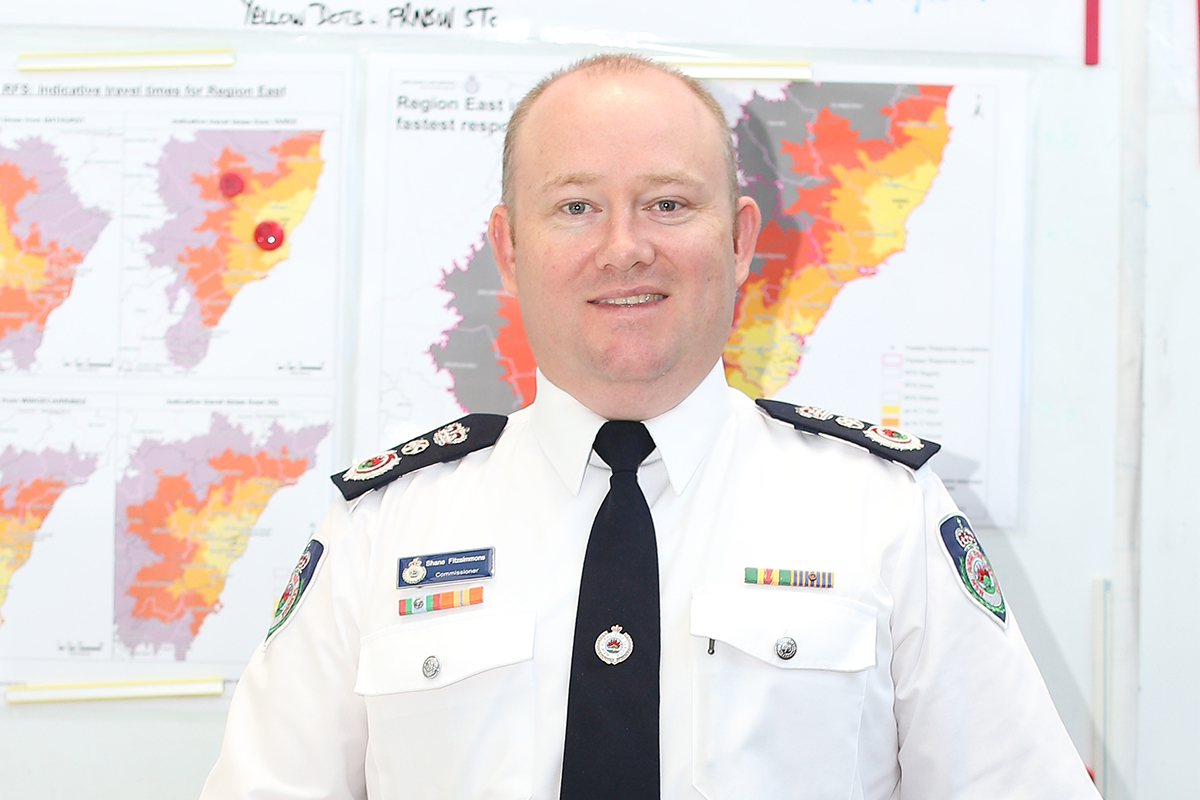
Shinya Yamamoto, CEO, Chandler Macleod Group
“No-one can achieve success without positivity in their mind. Positivity brings you more empathy and insight which in turn leads to the creativity required to deliver customers a better service; and better service results in growth, and growth helps society to flourish – it’s all about the positive cycle. My favourite part of my job is seeing the success of individuals within our organisation – there is no greater pleasure.”
“No one can achieve success without positivity in their mind.”
Grant Rosewarne, CEO, New Zealand King Salmon
“There are many ways to measure success. The financial outcome is only one of the measures. Another is sustainability; how can our business go on in perpetuity without having an increase in environmental effect? There will be some effect but is it the same, and can it go on forever?
“We regularly measure the engagement of our team members, so we go that extra mile to try and achieve their objectives and the company’s objectives. Also, how well we are regarded by the communities in which we operate.”
Phyllis Ong, Group Deputy CEO, Armstrong Industrial Corporation
“This being a family business, my number one concern is: did I grow it to bring more joy to the family? That’s my immediate measure of success, because this is a business my parents built.
“The second is am I able to bring my company and colleagues a brighter future? Wherever they may be working now, have our staff benefited from the Armstrong family? Because they have helped us, we want to ensure they are also enriched by their association with Armstrong.
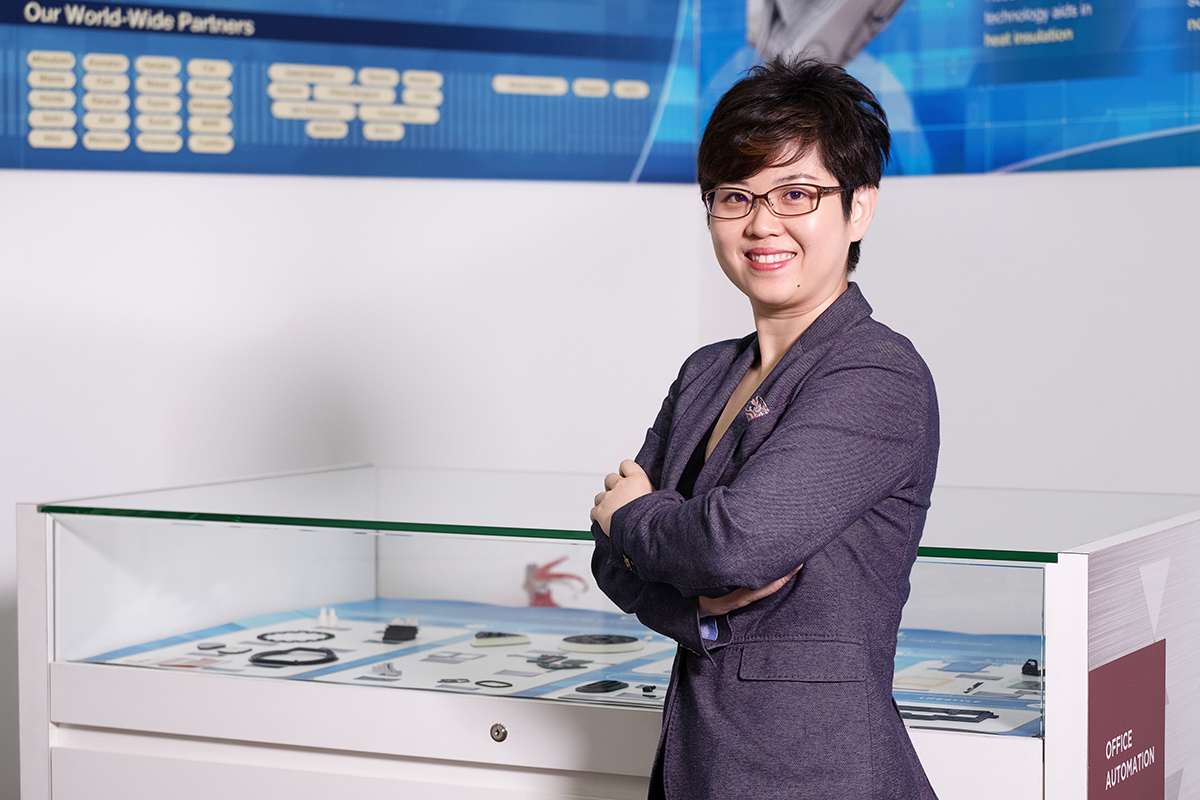
“I would love to be able to contribute not just to my family and direct stakeholders, but also to the country and government, which have always been so supportive of us.”
Vesmond Wong, CEO, DeClout Limited
“We look at success in terms of the ability to create a business model that is at the forefront of its industry, and a sizeable business that we can be proud of. Something special comes from creating something out of nothing.”
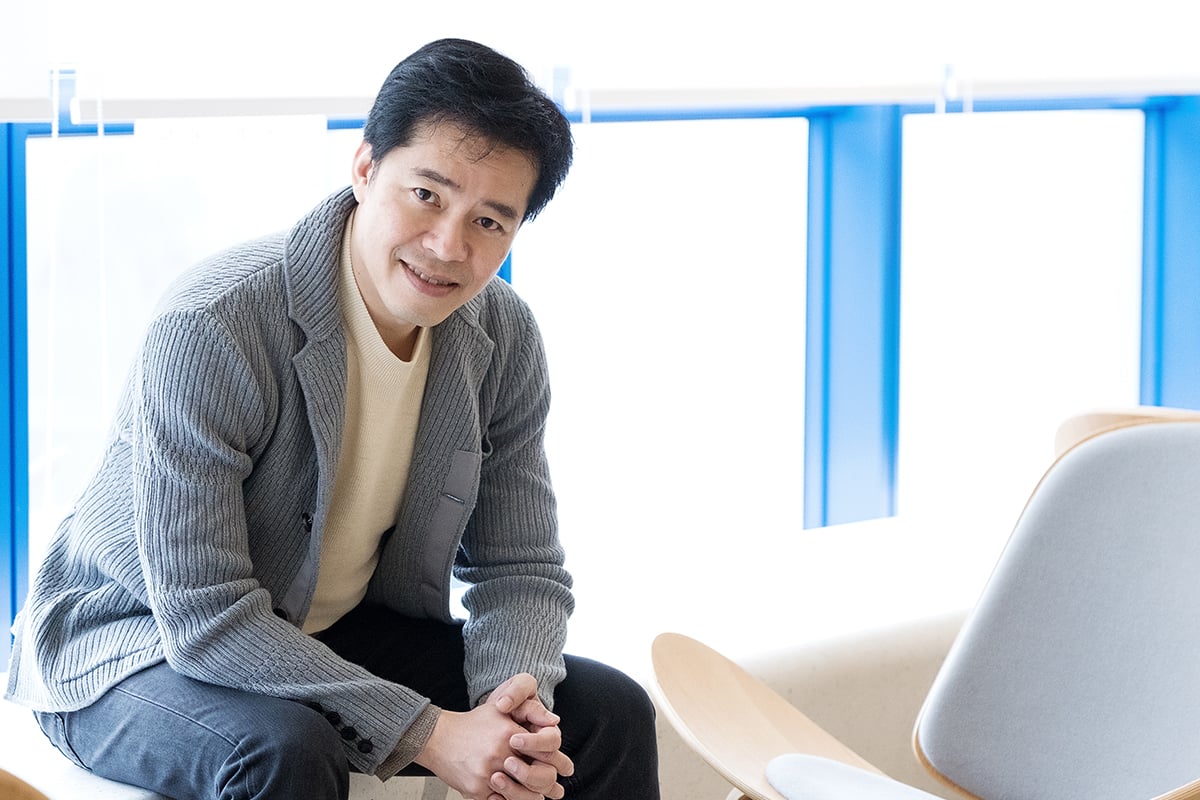
Toni Brendish, CEO, Westland Milk Products
“Measuring payout is one way to measure success, but I also look for evidence that we are transforming the organisation. We examine engagement and efficiency levels, and consider what our cost profile looks like in relation to our competitors. It’s a number of things: it’s benchmarking, it’s engagement, it’s a consideration of how we are delivering on our safety aspects. These are all the metrics I would be looking at.”
Paul DeMand, CEO, Cosmo
“Success comes from achieving one’s goals, and making other people’s goals achievable. It’s not a number, it’s not doubling, or tripling; it’s not always just about growth.”
Sam Wu, President, Whirlpool Asia Pacific
“If Whirlpool is one of the two or three brands in consumers’ minds before they begin shopping, to me, that’s a success. If employees believe they can achieve their dreams because they work for Whirlpool, that’s a success.”
Timmy Chan, CEO, Max Sight Group Holdings
“Success happens when you identify an objective and you achieve it through labour, blood, and sweat. It is something personal which you can build yourself. If you win the lottery, that’s not success; that’s luck. But if, through your hard work, you are able to preserve your wealth, then it is a success.”
Tarang Gupta, Managing Director, Dutch Lady Milk Malaysia
“I believe success is overachieving – achieving beyond what you thought you could.”
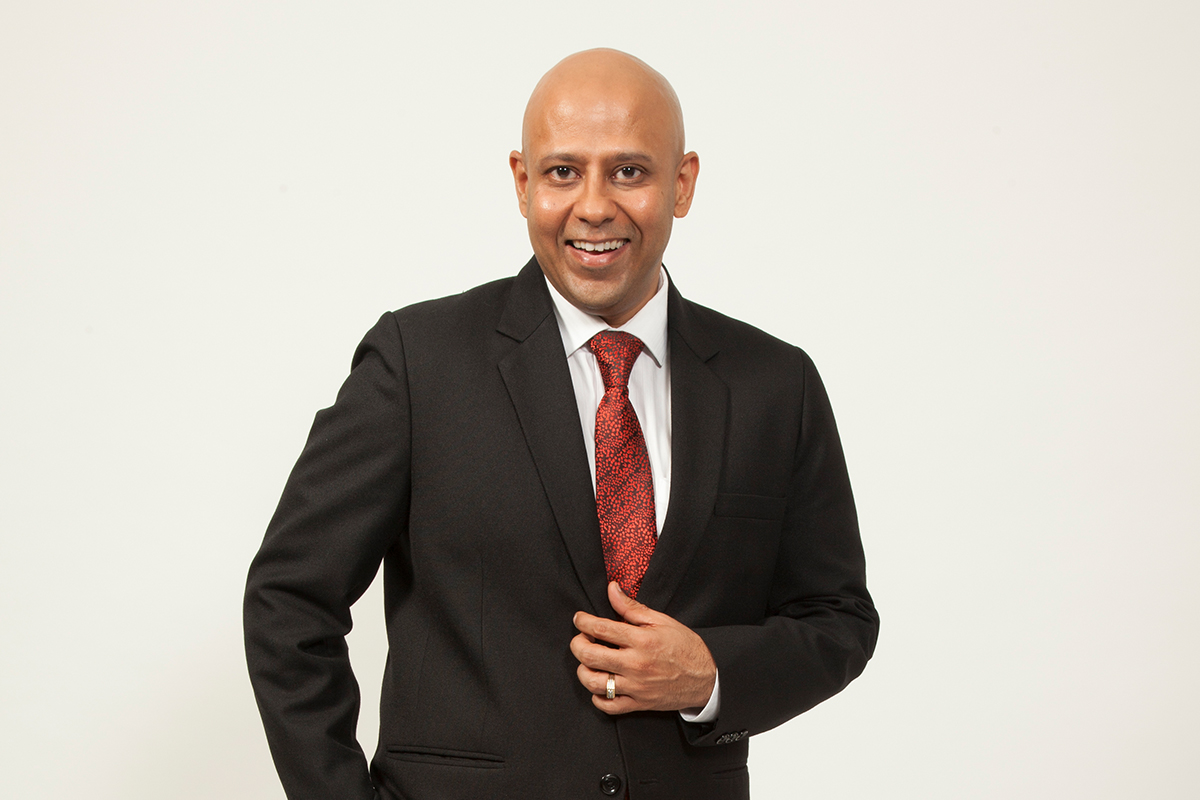
Rajiv Warrier, CEO, Choithrams
“Showing strength or courage when you face risk; I think there is success there too. Keeping one’s word very important. Humility and accomplishment – not having too much of an ego. Arrogance is often the enemy of success, isn’t it? I see success in people who inspire others to do well, I see success in people accepting responsibility for their mistakes.”
Robbie Antonio, CEO, Revolution Precrafted
“Two things. Achieving, or even overcoming or surpassing your ambition. That’s one. The second is when you’ve done things not just to benefit yourself but to benefit others, whether it’s your clients, your employees, your suppliers or society at large.”
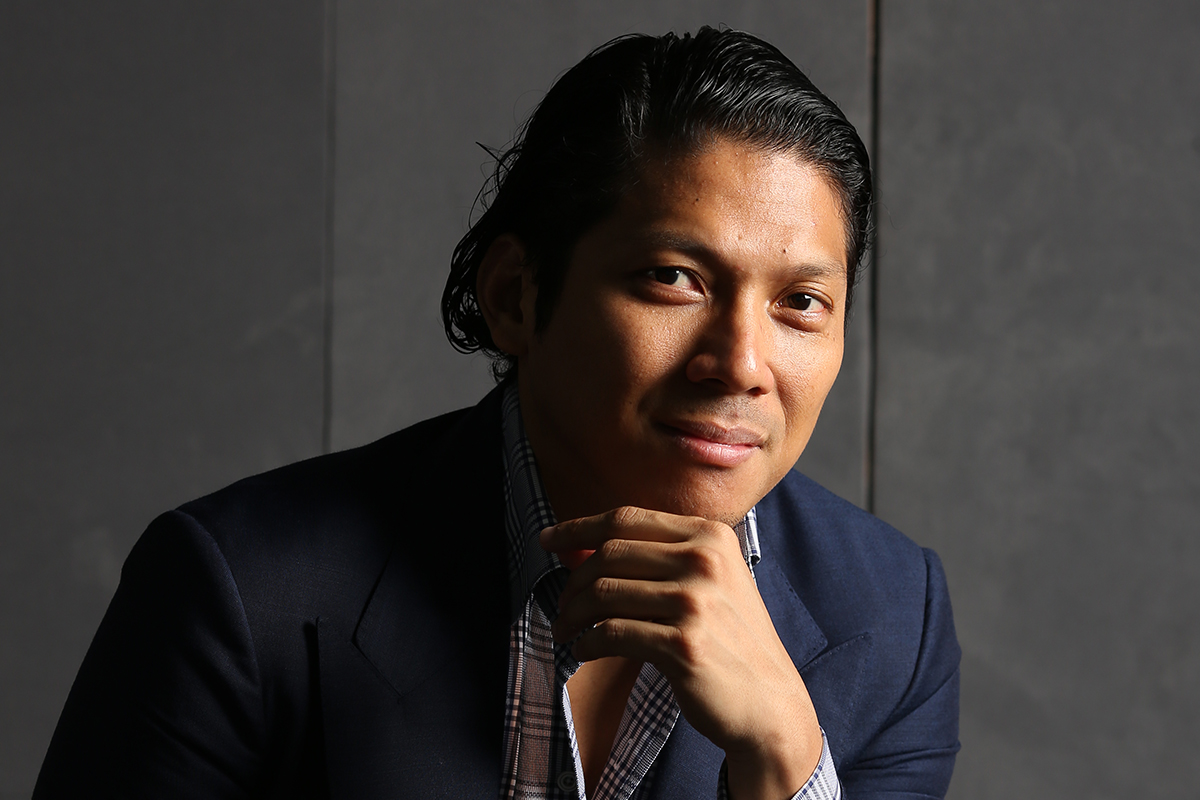
Tomas De Leon, CEO, LBP Insurance Brokerage Inc
“For me, success is when you’ve done a good job, you have a good relationship with the people in your company, and, most importantly, with your family. If you’re happy with your family and your co-workers, then you will be happy with the work you’re doing.”
Jeff Wellburn, Managing Director, Probuild Queensland
“I don’t think you can define success by any one measure. I prefer to take a balanced approach, and I understand this as an even spread between commercial return for the business, client satisfaction, happy end users, and staff and the surrounding community as well as the natural environment. I believe you’ve got to commit to taking a balanced view in terms of the way that you measure success.”
Kevin John Hudson, CEO, AYTB
“We run a balanced scorecard. Each of the divisions has a balanced scorecard, which measures financial results in addition to key indicators with respect to clients, safety, the environment, and the learning and growth of our people.”
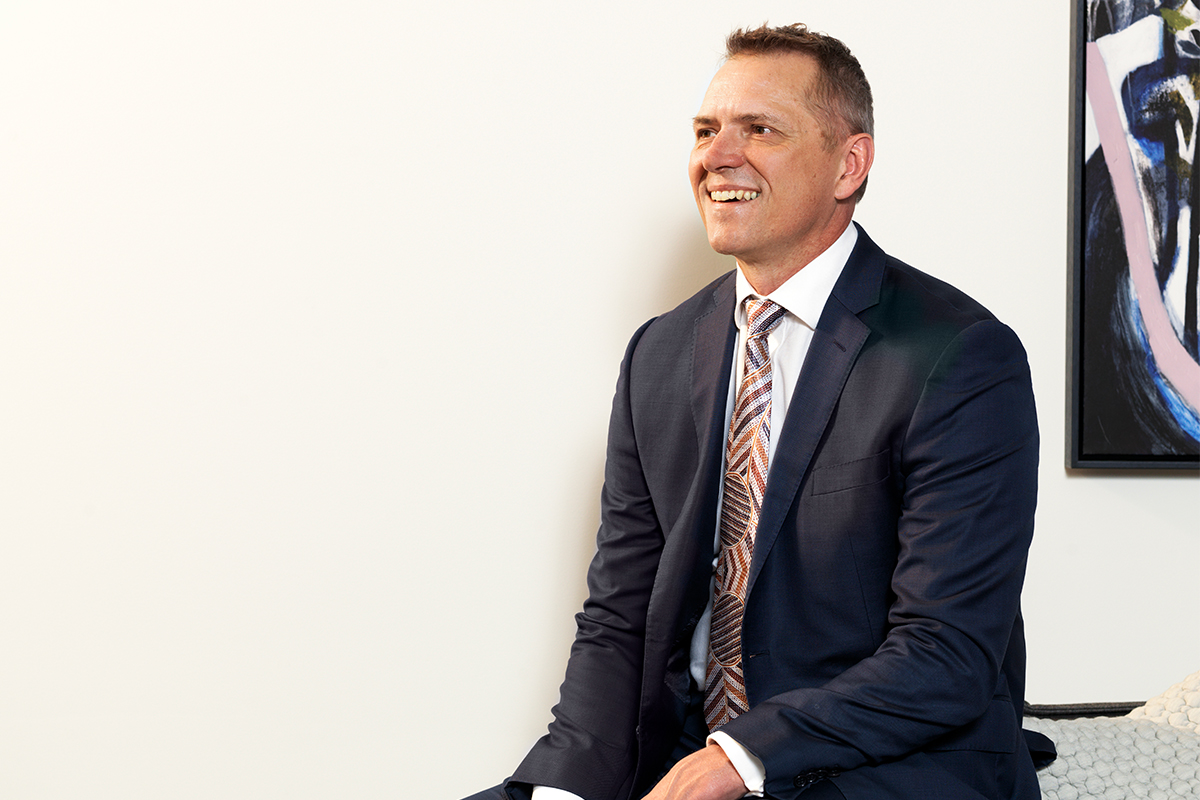
William Ma, Group Managing Director, Kerry Logistics
“We are a public company. So, naturally, we have to satisfy our shareholders. They have their own investment requirements and demands. We also need to make our customers happy, and we need to ensure that our employees have successful careers. These three things don’t have to compete with each other. There is an art to putting them together.”




